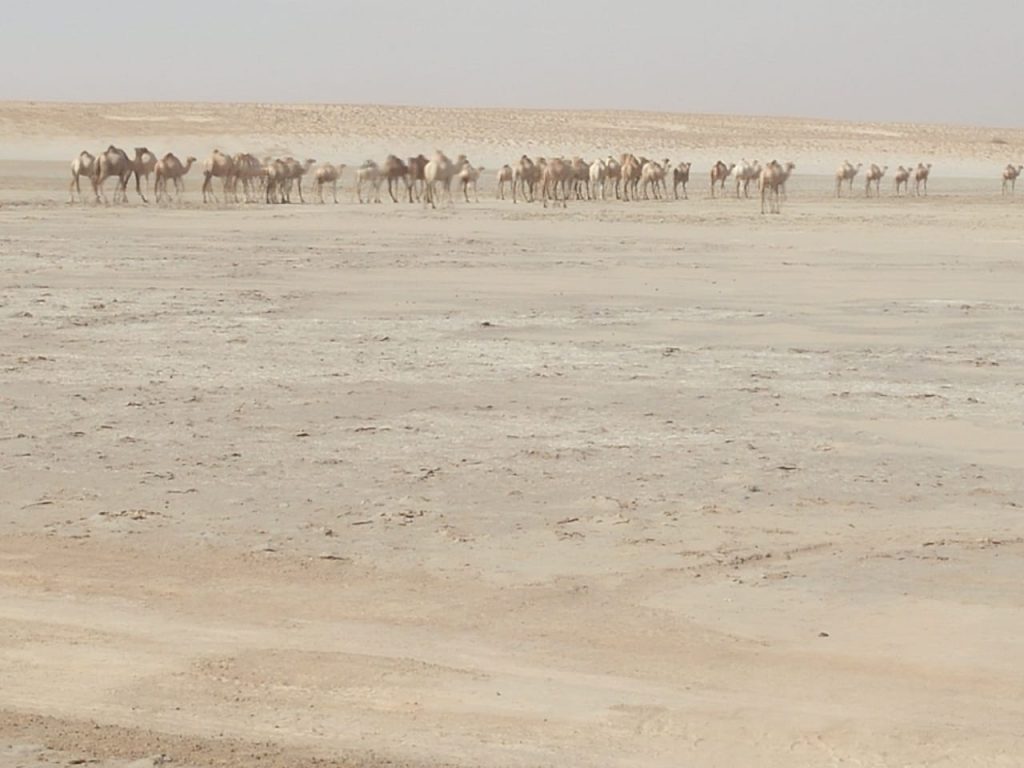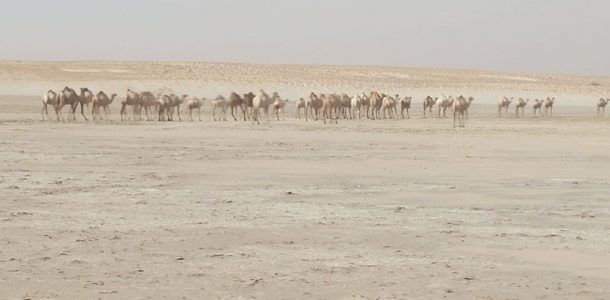
In sub-Saharan Africa, climate change is one of the drivers of vulnerability of the livelihoods of local communities. To alleviate the impacts of climate change, communities have developed adaptive strategies and practices. However, increased intensities and frequencies of climate-induced hazards have overstretched the existing adaptive and coping capacities of rural communities in arid and semi-arid areas making it necessary to either revise or devise new strategies to address the impacts of change, particularly those that relate to water and food security. Exploring the linkage between predictors of food insecurity and community-based coping strategies during climate shocks is fundamental in developing and improving evidence-based adaptation strategies. This research seeks to understand how climate variability in arid regions has influenced food security and how in turn the variability in food security affects existing social structures. This pilot study is implemented in a typical rural community in Marsabit county of Kenya. The study adopts novel scientific approaches to capture local knowledge and to generate outputs that can provide evidence, which is necessary to effectively design, deliver, monitor and evaluate community resilience in the face of climate variability. The output from this study will provide a basis of developing sustainable community-driven policy to promote food security in dry-land regions. The findings could potentially be up scaled to other arid (semi) regions facing similar challenges in the Sub-Saharan Africa.
Researchers
Mr. Sospeter Wekesa (Technical University of Kenya)
Dr. Robert Wayumba (Technical University of Kenya)
Dr. Francis OLOO (Technical University of Kenya),
Dr. Luke Olang (Technical University of Kenya)
Mr. John Ougo (National Drought Management Authority – NDMA, Kenya)
Mr. Guyo Golicha (National Drought Management Authority – NDMA, Kenya)
Dr Abdou Ali (AGRHYMET Regional Centre, Niger)
Dr. Gilbert Ouma (University of Nairobi, Kenya)

